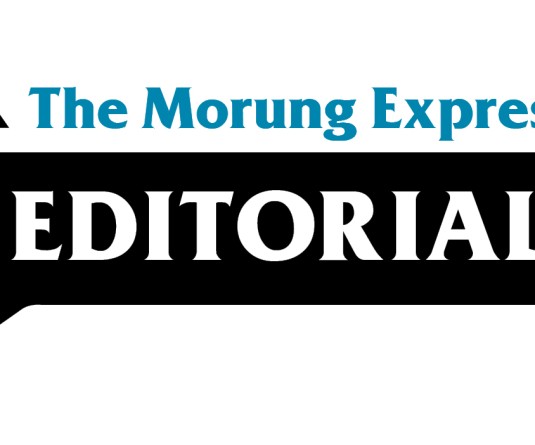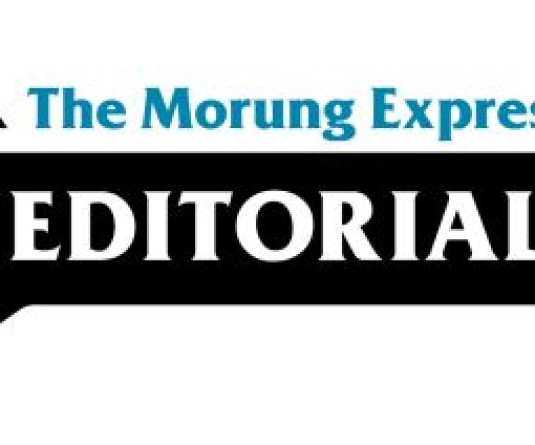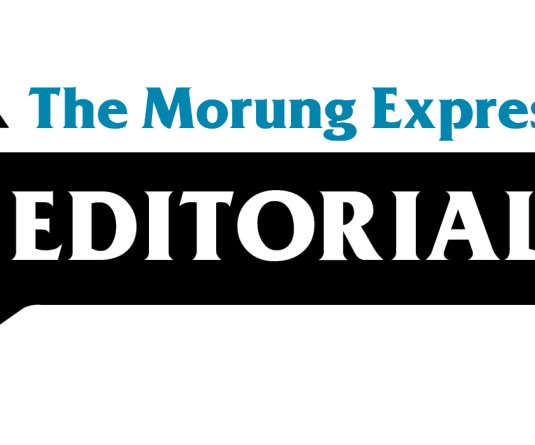
As underlined in a recent editorial in this column (En-cashing System, Friday, December 23 issue), the UPA Government at the Centre has now done the right thing by pulling out the seven-year old Indrajit Gupta committee report outlining sweeping electoral reforms and asking the Election Commission (EC) to consider the issue of state funding of elections. Faced as the country is with a growing need for cleaner and cheaper elections the green signal given by the Union Cabinet to the EC should now be translated into a meaningful deliberation that will pave the way for introduction of this novel concept as soon as possible and ideally before the country goes to polls again.
With the initiative coming from the political leadership, it would now be incumbent on the EC to quickly set the process in motion (as also earlier suggested), by convening a meeting of the leaders of political parties to arrive at a political consensus without delay. Prime Minister Manmohan Singh if he is serious on what he stated in Parliament that State funding would help in cleansing the democratic system, the Prime Minister as the head of government should himself steward the process to its logical conclusion.
The Indrajit Gupta committee set up in 1998 under the late Communist Party of India veteran had recommended creation of a separate election fund and providing facilities in kind like petrol or diesel for vehicles during campaign, loudspeakers and a telephone with specified number of free calls to candidates of recognized political parties. Coming as it does close on the heels of two sting operations showing members of Parliament taking money, the need for reform of poll finance is all the more urgent given that some of the MPs caught on camera taking money saw nothing wrong in doing so on the ground that the parliamentary elections involved huge expenditure.
Clearly, contesting an election is a costly affair these days and a person without any resources can hardly win even though he/she has the right to stand for any election. As such contesting an election has not been the most democratic and rather it has become the exclusive preserve of the rich and the affluent sections. A candidate may be an able leader with all the prerequisite qualification but may be discouraged from joining the electoral fray because of the system, which is not only corrupt but also expensive. Such an adulterated electoral process is one of the most important reasons for the spread of political corruption. Politicians garner huge financial resources from various quarters to finance elections. Elected at the behest of money power, they would like to reap suitable dividends for the investment they make. All politicians practice it and this is a rule rather than an exception.
To tackle this menace, a comprehensive package of electoral reforms including the State funding of election is of paramount importance. If enough time is invested on the issue and similar interest generated by the concerned authorities, particularly the election commission and political parties, only then can there be a productive outcome towards taking real measures to reform the system inside out. The framework for State funding is already in place. Further the Election Commission is already committed to the process. At the end, a consensus of all political parties is the only thing that is now required.






